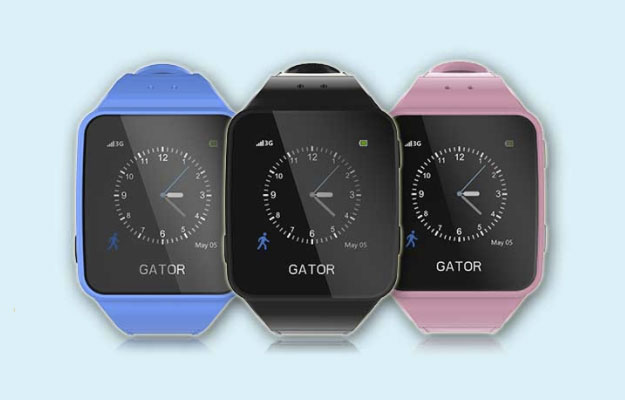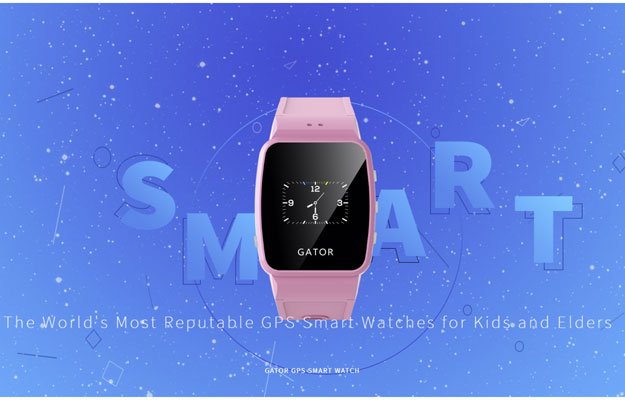Germany Freaks Out And Bans Kid Smartwatches Over Eavesdropping And Privacy Concerns

Germany's regulatory arm for electricity, gas, telecommunications, post, and railway markets, has issued a ban on smartwatches designed for children over concerns that they can be used by parents to spy on their kids and teachers. Furthermore, the regulatory office is urging parents to go a step further and physically destroy these smartwatches, should their children own one. The agency has also taken action against several firms that offer smartwatches designed for children.
"Via an app, parents can use such children's watches to listen unnoticed to the child's environment and they are to be regarded as an authorized transmitting system," said Jochen Homann, president of the Federal Network Agency. "According to our research, parents' watches are also used to listen to teachers in the classroom."

Smartwatches aimed at children, such as ones produced by Gator, are now banned in Germany.
A large number of providers in Germany sell smartwatches designed for children between the ages of 5-12 years old. Most of the watches have a SIM card and limited telephone capabilities. They are set up and controlled with a companion app, and it appears that is where the Federal Network Agency takes issue, though it did not specifically reference potential vulnerabilities in software.
Just last month, the Norwegian Consumer Council (NCC) reported that some childrens' watches had security flaws, such as storing and transmitting unencrypted data. Without encryption, hackers would have an easier time hacking these devices, and could potentially track a child's location. Using basic hacking techniques, malicious agents could even make it appear as though a child was in a different location than what his or her smartwatch reports.
"This ban sends a strong signal to makers of products aimed at children that they need to be safer," Finn Myrstad, head of digital policy at NCC, told BCC.
Ken Munro, a security expert at Pen Test Partners, agrees with that assessment.
"Poorly secured smart devices often allow for privacy invasion. That is really concerning when it comes to kids' GPS tracking watches— the very watches that are supposed to help keep them safe," Ken Munro added. "There is a shocking lack of regulation of the 'Internet of things', which allows lax manufacturers to sell us dangerously insecure smart products."
He called the ban a "game changer," saying it will stop manufacturers from "playing fast and loose" with kids' security. And it probably will have that effect, though it is interesting that the Federal Network Agency largely ignored that angle, choosing instead to focus on parents having the ability to spy on their kids and especially their teachers (along with anyone else in the vicinity). The same could be said of smartphones, though perhaps not as slyly as through a smartwatch.

